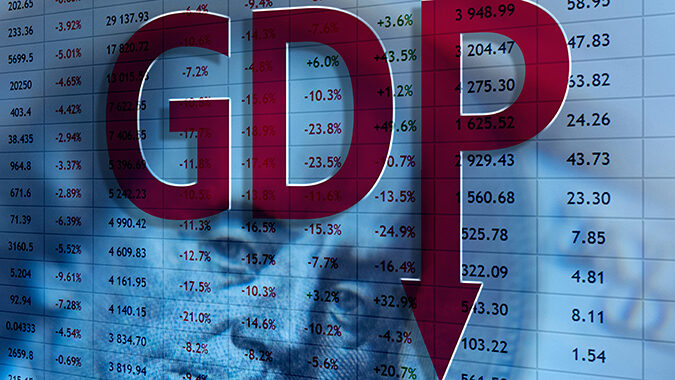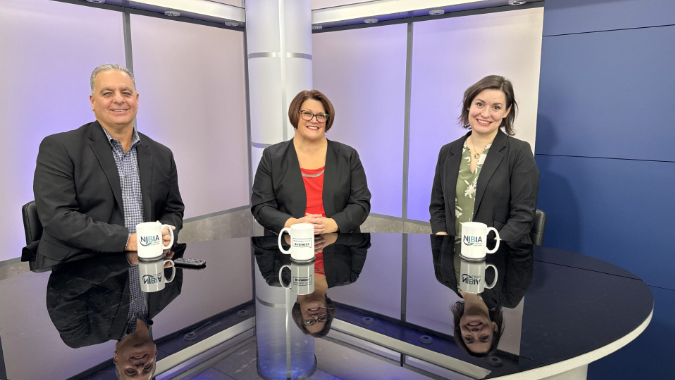The U.S. economy contracted for the second straight quarter from April to June, with the gross domestic product decreasing by 0.9% on an annualized basis and raising concerns that the nation may be approaching a recession.
This Q2 GDP decline followed a 1.6% decline in the first quarter, according to the U.S. Bureau of Economic Analysis, which released the “advance” estimate Q2 GDP data on Thursday.
Although the general rule of thumb is that two consecutive quarters of GDP decline signals a recession, the definitive call on a recession is up to the National Bureau of Economic Research. NBER, a private, nonprofit research organization that is widely regarded as the official arbiter of whether the U.S. economy is in a recession, defines a recession more broadly as “a significant decline in economic activity” lasting “more than a few months.”
Many economists, including Fed Chairman Jerome Powell, point to the nation’s robust labor market (11 million job openings) and low 3.6% unemployment rate as evidence that a U.S. recession, if one is to occur, has not started yet.
The Q2 GDP estimate is based on source data that is incomplete or subject to further revision, the Bureau of Economic Analysis noted. A second Q2 estimate based on more complete data will be released Aug. 25.




